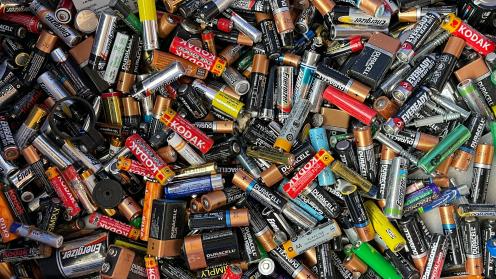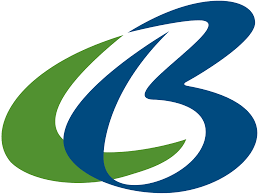For some parties to the Basel Convention, “chemical recycling”—the umbrella term for a number of different processes—holds promise. For others, there are questions regarding potentially hazardous by-products and environmental impacts—and whether it’s time yet to develop technical guidelines.
Following discussion in the Technical Matters Contact Group on Thursday evening, in the Friday plenary Saudi Arabia, supported by Bahrain, Oman, Kuwait, Qatar, Iran, Iraq, and the Russian Federation, proposed developing technical guidelines on chemical recycling. The African Group, Uruguay, European Union, Switzerland, and Norway noted chemical recycling had already been discussed as part of COP 16 negotiations on the technical guidelines on environmentally sound management (ESM) of plastic waste, and they felt it would be premature to proceed with standalone technical guidelines on the subject. After a break for consultations, it was agreed in afternoon plenary to add a paragraph to the draft decision, noting that COP 16 had called for technical assistance activities to support use of the plastic waste technical guidelines by developing country Parties and other Parties requiring assistance.
This issue aside, delegates moved swiftly through the few remaining items on the agenda. Keima Gardiner, Co-Chair of the Contact Group on Strategic Matters, said the group had reviewed the small intersessional working group (SIWG) recommendations on strategic goals, objectives and indicators for the draft strategic framework, and suggested improvements. Perine Kasonde, Co-Chair of the Contact Group on Legal Matters, reported back to plenary that the Contact Group had prioritized working on proposed amendments to Annex IV, where the expert working group had put forward suggestions for amendments to the lists of disposal and recovery operations which needed to be covered under the Convention. The OEWG subsequently adopted decisions in line with these two contact groups' recommendations.
After the report-back from the Technical Matters Contact Group, the plenary adopted decisions on:
- updates of the general technical guidelines on ESM of persistent organic pollutants (POPs) and three guidelines on specific POPs;
- an update of the technical guidelines on ESM of waste lead-acid batteries and draft technical guidelines on ESM of other waste batteries; and
- an update of the technical guidelines on waste pneumatic tyres. Parties and others are invited to provide comments by 31 August 2024 to enable preparation ahead of COP 17. The OEWG also asked countries to pilot test the technical guidelines on e-waste, which have been adopted on an interim basis, and report their results.
On electronic approaches to notification and movement documents, the OEWG requested a small intersessional working group to compile case studies and fact sheets with relevant information.
On waste containing nanomaterials, delegates agreed to invite further comments from parties. Uruguay and Argentina, called on parties to make nanomaterials a medium- to high-priority issue.
The OEWG also took note of reports on cooperation with the World Customs Organization (WCO) on harmonizing commodity descriptions and coding, and on activities undertaken by the Partnership on Plastic Waste with regard to its knowledge briefs.
The plenary adopted the meeting report after noting China’s request to better reflect its intervention on legal clarity.
In closing statements, the regional groups expressed warm thanks to the Secretariat, the Government of Switzerland, and all participants. The African Group noted that, “much remains to be done” and that the proposal to collect information from Parties on low-POPs content remains a concern. The Latin American and Caribbean Group requested resources to be provided to the Basel Convention’s regional centres, warning that lack of resources would hamper progress on implementing the technical guidelines. The EU welcomed the guidance produced on POPs waste, waste batteries, and waste pneumatic tyres, adding that more work will be needed on improving the prior informed consent (PIC) procedure. Central and Eastern Europe noted that discussions on compliance had been especially relevant, especially regarding illegal waste trafficking. The Asia-Pacific region underscored its commitment to participating in intersessional work and highlighted its work especially on POPs waste.
Co-Chairs Judith Torres (Uruguay) and Lendita Dika (North Macedonia) thanked all involved for their participation and constructive work. Rolph Payet, Executive Secretary of the Basel, Rotterdam and Stockholm (BRS) Conventions, paid tribute to delegates, noting that, “We had a lot of work before us, but as always, you deliver.”
The meeting closed at 5:13 pm.
All ENB photos are free to use with attribution. For this event, please use: Photo by IISD/ENB | Anastasia Rodopoulou
To receive free coverage of global environmental events delivered to your inbox, subscribe to the ENB Update newsletter.

